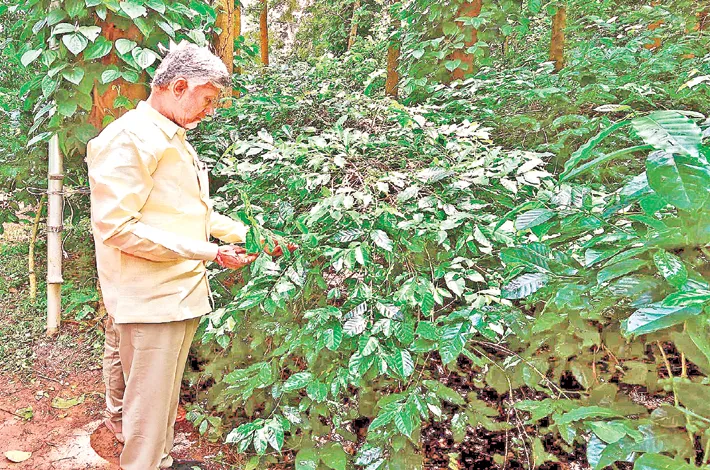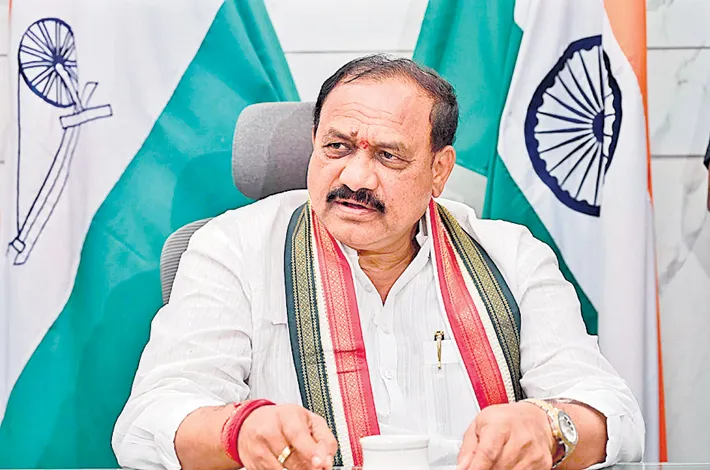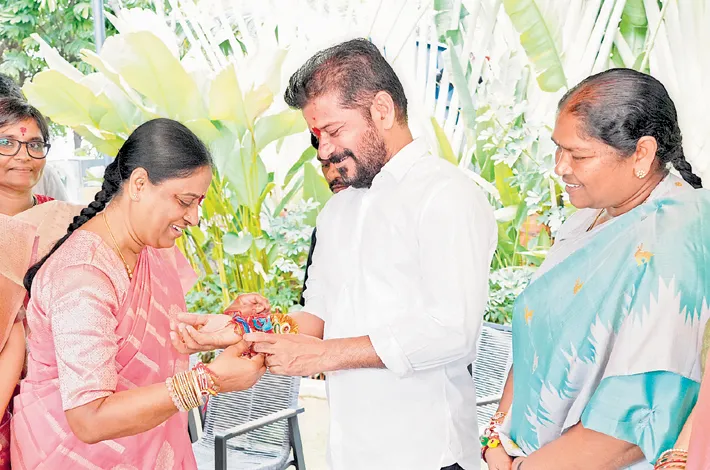AP signs 21 MoUs for tribal development
10-08-2025 12:00:00 AM

On the occasion of World Tribal Day, the Andhra Pradesh government inked 21 strategic Memoranda of Understanding (MoUs) aimed at boosting tribal livelihoods, agriculture, forest produce marketing, and tourism. The agreements, signed in the presence of Chief Minister N. Chandrababu Naidu, bring together public and private sector partners to expand opportunities for tribal communities.
A major highlight was the promotion of Araku Coffee to domestic and global markets. Tata Consumers signed an MoU with the Girijan Cooperative Corporation (GCC) to brand and market organic Araku Coffee internationally, while Starbucks will soon serve the brew in its outlets. GCC also partnered with Hathi Services LLC to retail tribal products in the United States and set up joint showrooms across India featuring Araku Coffee kiosks.
The Central Rubber Board entered an MoU with ITDA Rampachodavaram to expand rubber plantations, while GCC and MEPMA will establish Araku Coffee kiosks across Andhra Pradesh. Subco will collaborate with tribal farmers in Chintapalli for red cherry processing. The Coffee Board signed agreements to enhance cultivation and promote sustainable practices, and ITC committed to extending its plantations by 1,600 hectares in Paderu.
To strengthen women-led enterprises, Frontier Marketing and Easy Mart will market products from DWCRA groups, and Equip will develop turmeric cultivation and processing infrastructure. The Indian School of Business will work to increase the market potential of seasonal forest products made by tribal women.
In tourism, OYO Homes and Homey Huts will set up homestays in tribal belts, offering authentic local stays while creating income sources for tribal families. The AP Tourism Forum pledged to develop tribal tourism circuits, while the Change Society will introduce value-based education for tribal students.
Additional MoUs cover natural farming, marketing infrastructure, and sustainable livelihood models. Chief Minister Naidu described the partnerships as a “turning point” in integrating tribal communities into the state’s growth story, ensuring economic, social, and cultural empowerment.








